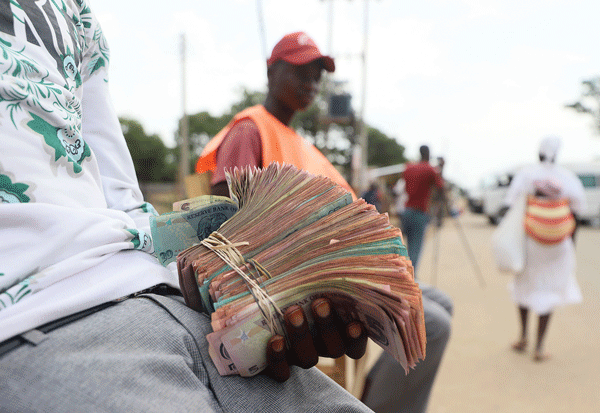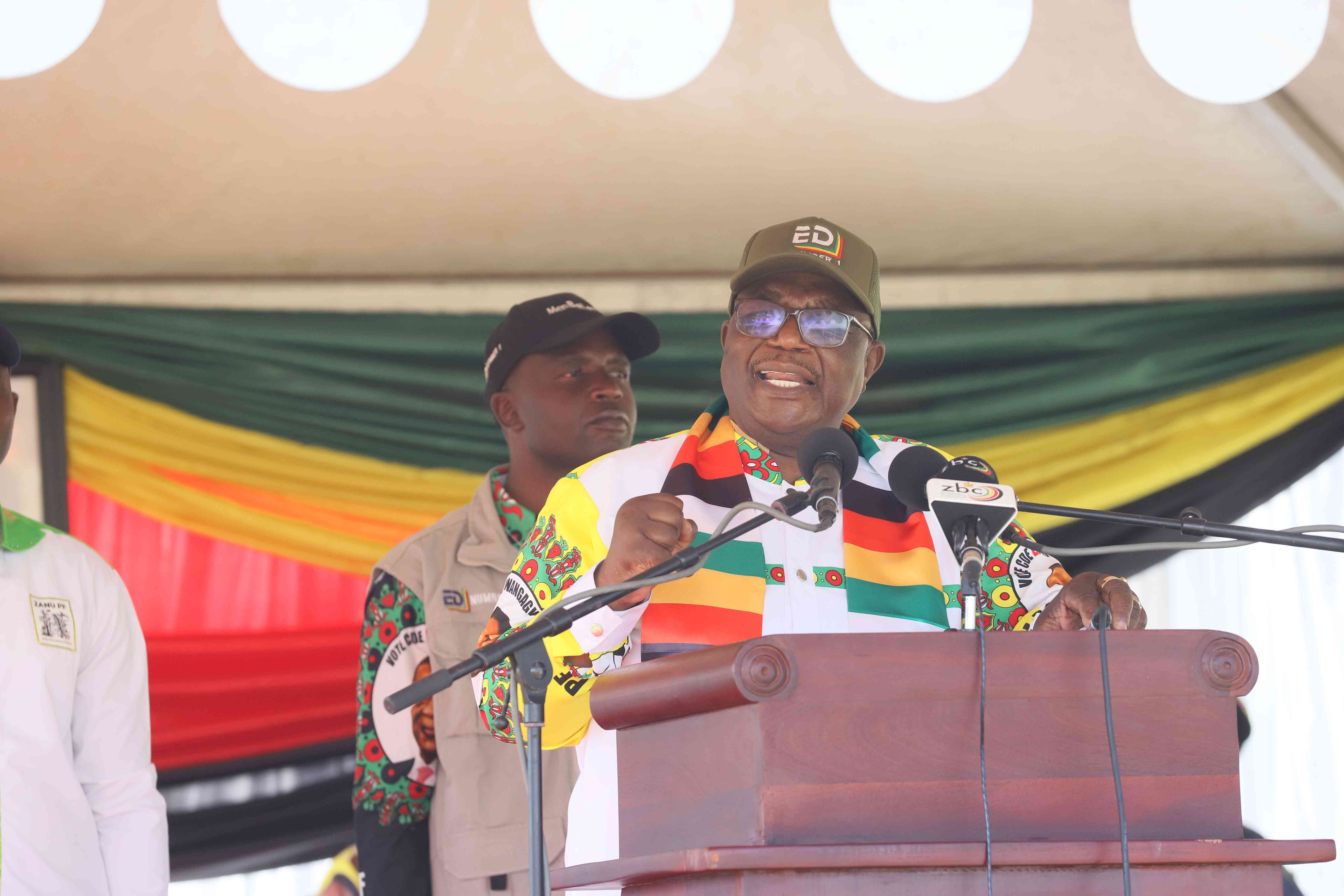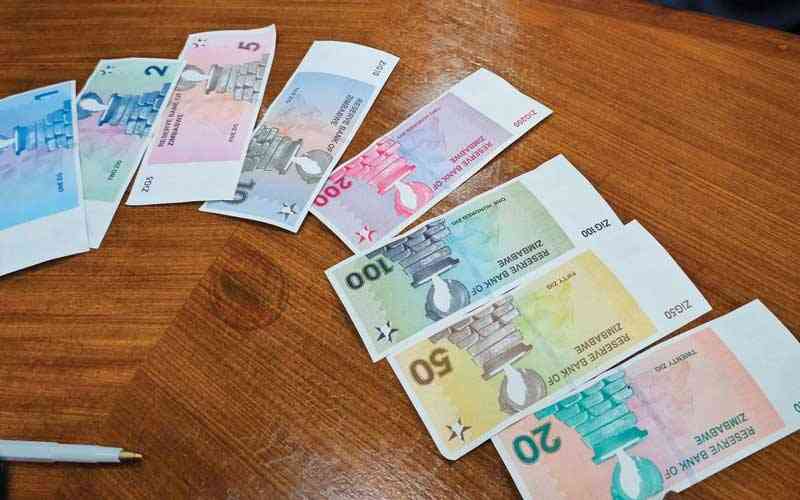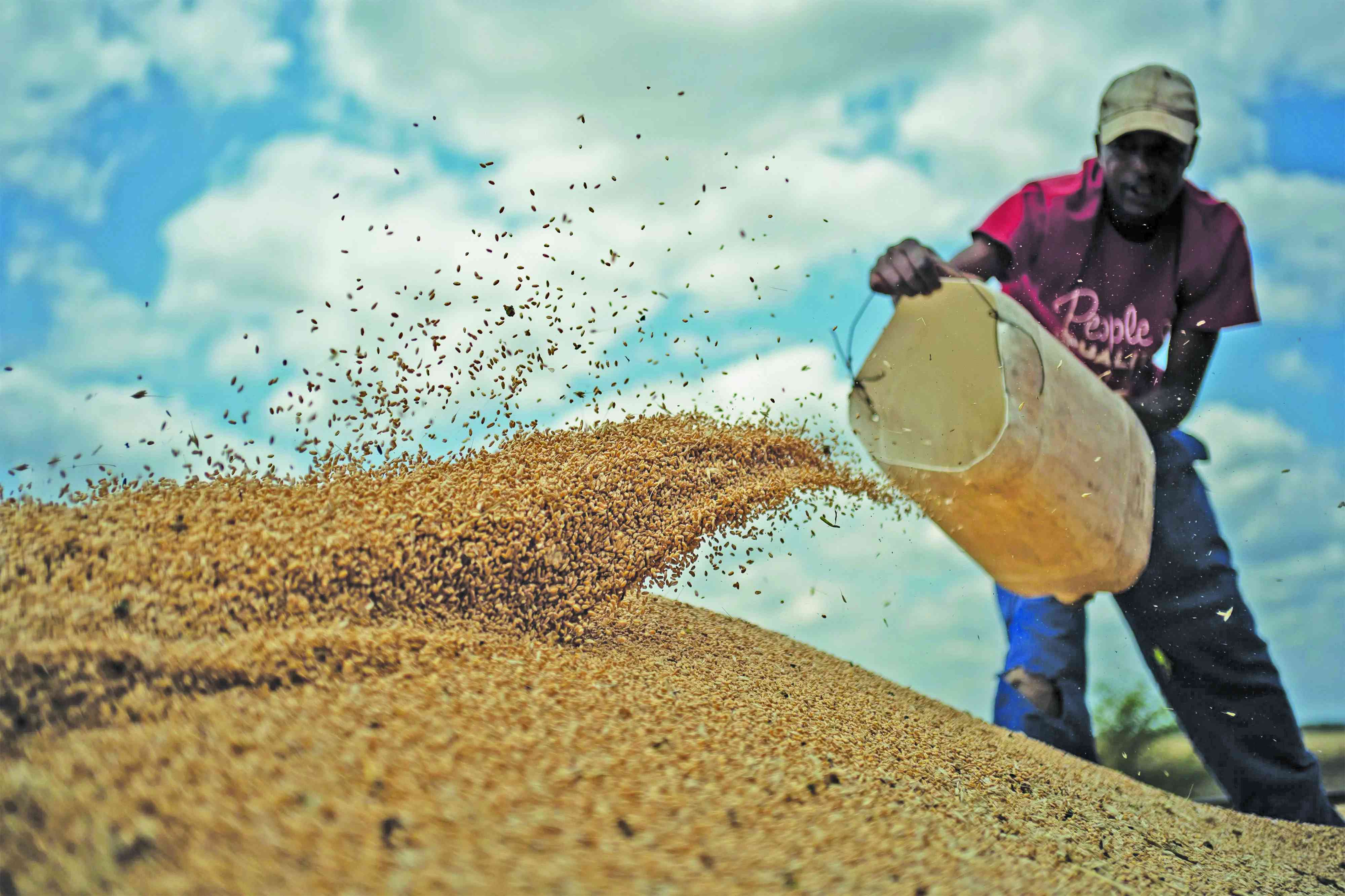
THE introduction of new United States dollar airtime bundles by diversified communications company Econet Wireless, though welcome, has further exposed the fallacy by the government that the country is on course to dedollarise the economy.
Last week, Econet launched the “Smart US dollar bundles” that will allow its customers to purchase airtime, data and SMS products in US dollars.
This development is a clear indication that the local currency is slowly, but surely heading towards its demise as it continues to lose value with the parallel market rate having already breached the US$300 mark. This has further eroded incomes and pensions, worsening the country’s poverty levels in the process.
While President Emmerson Mnangagwa’s government continues to firmly bury its head deep in the sand insisting that the country is not redollarising, major domestic investors are telling us otherwise at a time when the country’s breadbasket for a family of six has shot up to more than $92 000 for March.
What further boggles the mind is that government itself continues to preach the gospel of dedollarisation when it is charging passport and media accreditation fees, among many other services, in foreign currency.
The delusion by monetary authorities that the country would have dedollarised by 2027 is perplexing.
It is a mockery to the country’s citizens for the government to claim that the country is on course to dedollarisation when last year it paid its workers bonuses in hard currency and has since then converted part of the civil servants’ Zimdollar salaries to US dollars.
The irony of all this is that government is increasingly using and charging in hard currency for its services yet the same government banned the US dollar and other currencies as legal tender under Statutory Instrument 142 of 2019.
- Chamisa under fire over US$120K donation
- Mavhunga puts DeMbare into Chibuku quarterfinals
- Pension funds bet on Cabora Bassa oilfields
- Councils defy govt fire tender directive
Keep Reading
It is laughable for government to encourage the use of the local currency when its highest denomination which is the $100 is not enough to pay for a loaf of bread.
There is no doubt that the country is heading back to dollarisation similar to that of 2009 under the government of national unity. It is only a matter of time and Mnangagwa’s government should quickly accept this reality and stop this fictitious propaganda it is spewing that the country’s economy is dedollarising.
The sooner government wakes up to this reality the quicker it will spare Zimbabweans the anguish of 2009 whereby the government was forced to dollarise after inflation had rendered the old Zimdollar worthless. In the process, the country’s citizens were left in penury as incomes, pensions and lifetime savings were wiped out instantly. The shock and stress were unbearable.
While the Reserve Bank of Zimbabwe has pleaded for trust and patience from Zimbabweans as it attempts to put in place measures to stabilise the economy, trust will be hard to come by as long as government is busy doing the opposite of what it is preaching.
The sooner the country redollarises, the better.











